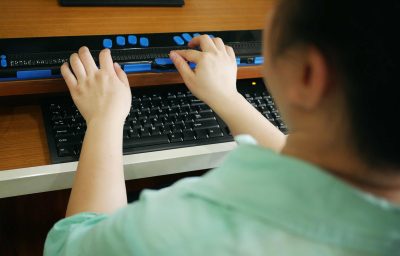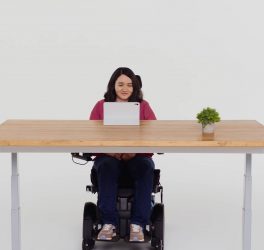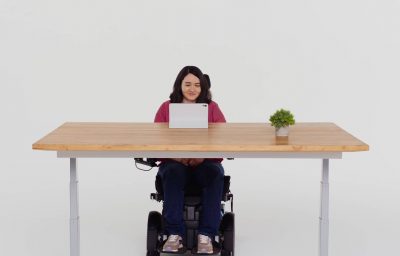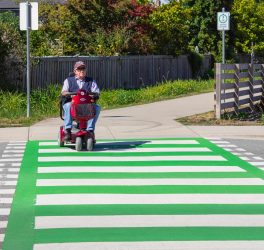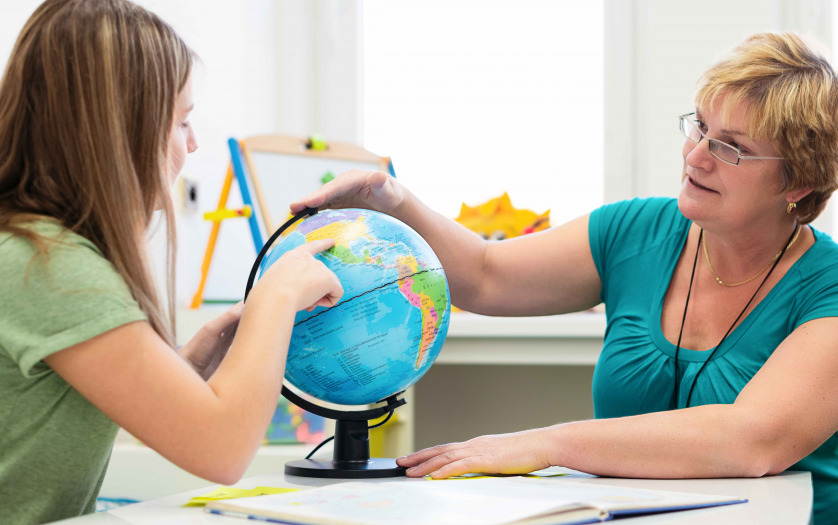
The answer to the question of university teachers “How to teach students with disabilities?” is ambiguous. Some psycho-pedagogical support is organized in schools for students with disabilities: specialists with different competencies monitor their both mental and physical health. The special training programs are developed according to how students cope with the load, learn material, communicate with peers; a piece of advice is also given to teachers.
Scientists from the Tyumen State University propose to organize such support in universities. The results were presented on Nov. 1 at the All-Russian Conference “The quality of life of the youth with disabilities: between vision and reality.
One of the solutions proposed by scientists from Tyumen State University is to create a special structural unit in universities – a Council, which will comprise specialists from different fields. Its ultimate goal will be to create conditions for the education of students with disabilities. So, the Council includes organizational, medical-social and educational-methodical units. The task of the organizational unit is the regulatory support of work, support for graduates and applicants with disabilities, as well as communication with other universities and cooperation with state and private organizations (for example, companies where graduates can get jobs).
The activity of the medical-social unit will focus on identifying the special educational needs of students and developing adapted educational programs depending on their health status.
Another significant task is to create such conditions that will allow students to develop their abilities, necessary qualities and skills, adjust themselves during the learning process. A special schedule and load regime should be organized too. In addition, it is necessary to identify difficulties and barriers in learning in terms of developing personal qualities and life competencies.




